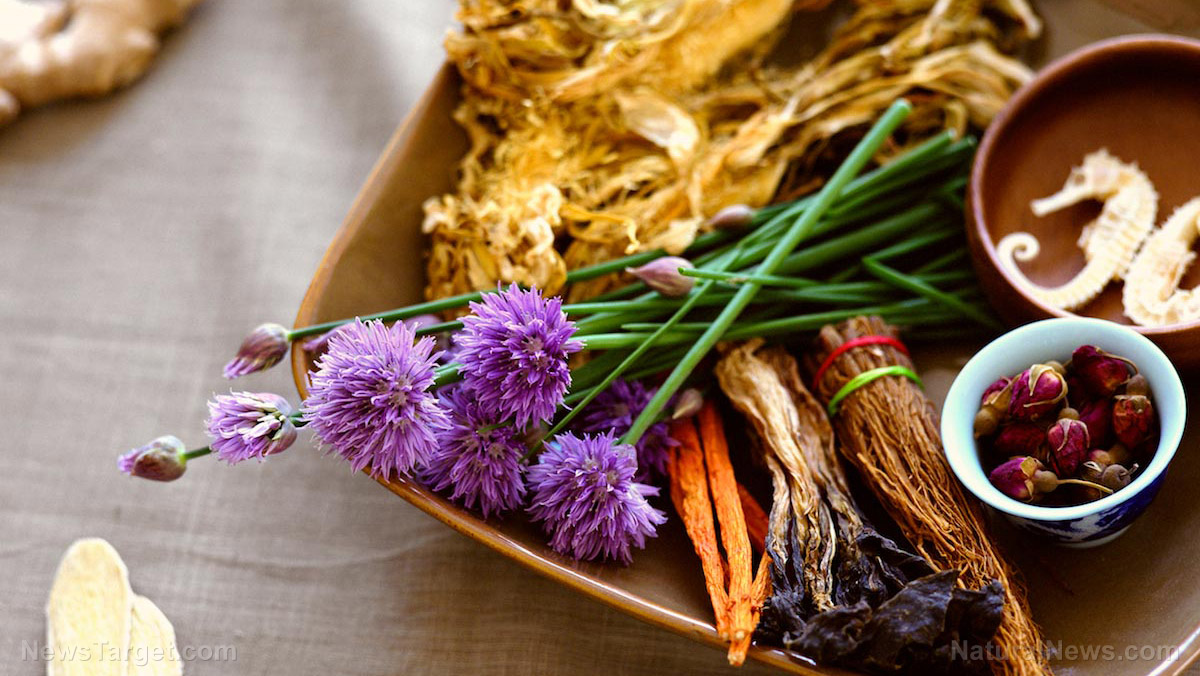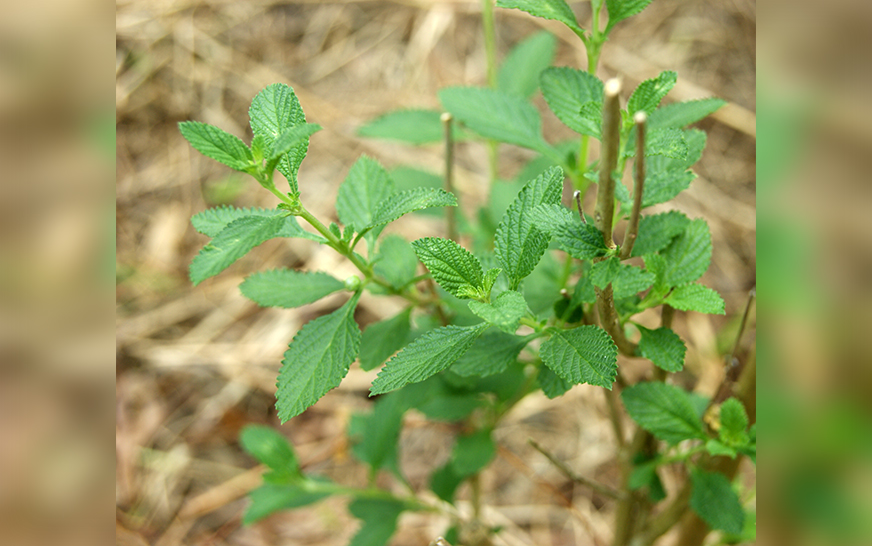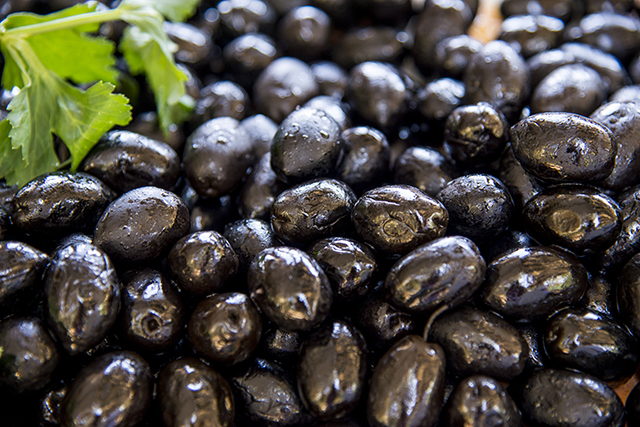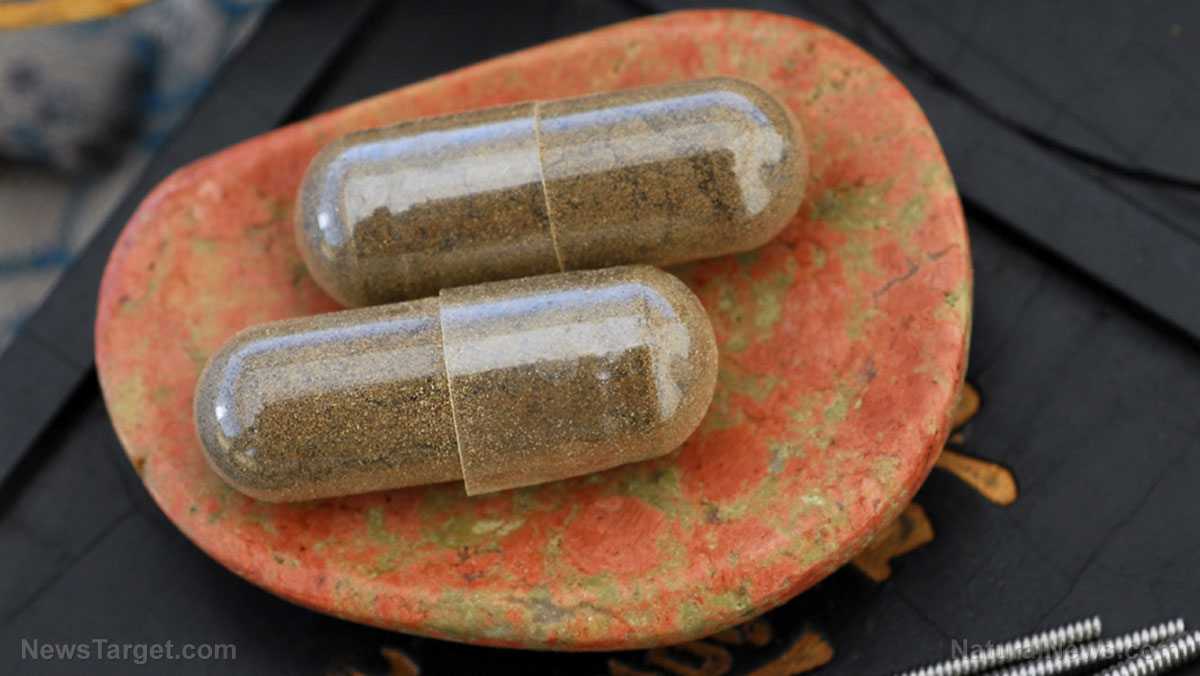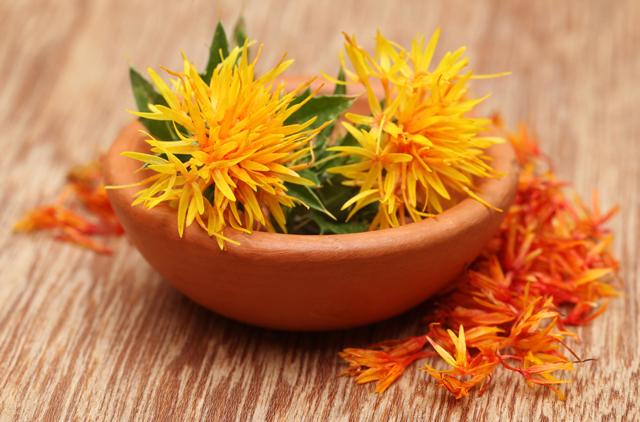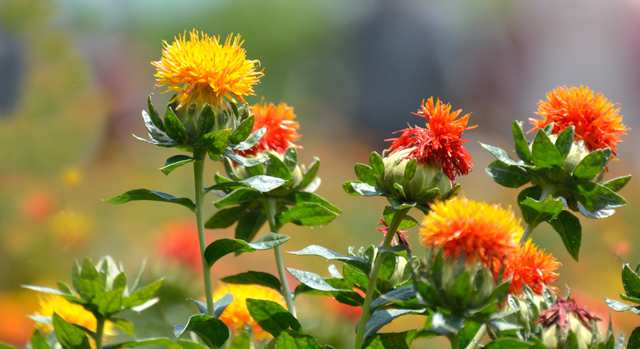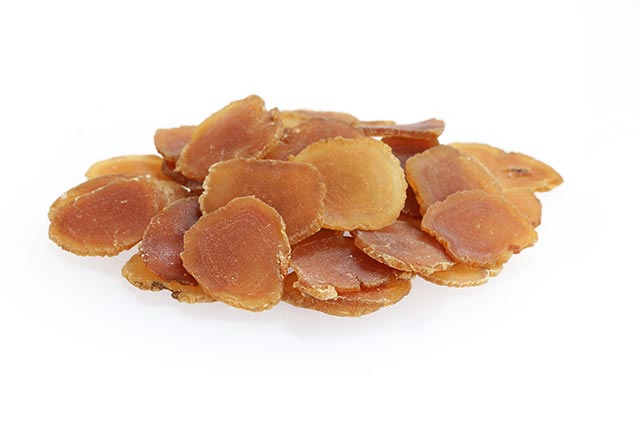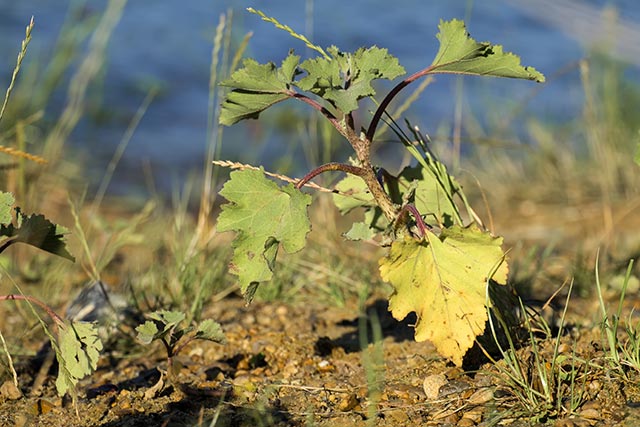Arctic root shows potential for relieving burnout symptoms
09/12/2019 / By Ralph Flores

Arctic root (Rhodiola rosea) is an herb known for its ability to relieve stress. A study published in the journal Neuropsychiatric Disease and Treatment suggests exploring the herb’s potential to treat burnout. Researchers from the Medical University of Vienna led an investigation on the ability of arctic root extracts to relieve symptoms of burnout and found significant improvements during the course of the clinical trial.
“This trial is, therefore, the first to investigate the clinical outcomes of R. rosea treatment in patients with predefined burnout symptoms based on numerous specific criteria and measurements,” they wrote in their report.
A debilitating condition
The World Health Organization defines burnout as an occupational phenomenon marked by the following:
- Feelings of energy depletion or exhaustion
- Increased mental distance, feelings of negativism or cynicism when it comes to matters at work
- Reduced professional performance
Aside from these conditions, people suffering from burnout experience debilitating symptoms, chief of which are emotional and physical exhaustion. It also carries the risk of developing into chronic illnesses, including depression, anxiety, and cardiovascular disease.
For the study, the researchers looked at the potential of herbal medicines, especially those with adaptogenic (stress-relieving) properties like arctic root, to relieve burnout. In traditional Chinese medicine, arctic root – referred to as hong jing tian – is used to boost mental function and improve fatigue symptoms, which are also present in those suffering from burnout.
For the study, the researchers enrolled 118 participants; the participants were between the ages of 30 and 60, each with stress burdens comparable to burnout syndrome. The team instructed the participants to take two 200-milligram tablets of R. rosea extract each day, one before breakfast and one before lunch, with a glass of water. Follow-up visits were conducted every week, with the researchers measuring both short- and long-term outcomes of the treatment. Aside from the efficacy of the treatment, the team also looked at whether the participants tolerated the treatments and examined them for any adverse effects.
The researchers observed significant changes after the first week of treatment. The participants reported improvements in terms of “emotional exhaustion” and “fatigue” on the first follow-up visit. They also reported considerable improvement in stress symptom levels, which could indicate an increase in coping ability. In terms of mood, the participants had improved values for “lack of joy” and “loss of zest for life.” According to the researchers, these improvements demonstrate the effects of arctic root on stress-related depression.
Based on these findings, the team concluded that arctic root can potentially be used as a therapeutic agent for burnout and its symptoms. The researchers were also positive that their results can be used to further explore this benefit. (Related: Are You Depressed or Stressed? Rhodiola Extract Can Give You Natural Relief.)
More herbs for treating burnout
Studies have shown that many people regularly experience burnout: Around four in five people feel it during the working week, and at least one in 10 say they’re stressed all the time. Here are some natural remedies to take when you’re nearing burnout.
- Ginseng. Ginseng has ginsenosides, which are known to have adaptogenic properties. These active ingredients can also boost energy levels to balance the release of stress hormones.
- Oats. A native grain of the Mediterranean, oats have long been used in traditional medicine to treat insomnia, exhaustion, and stress. A fresh herbal extract of the plant works well to relieve mental fatigue.
- Lavender. The essential oil of lavender is known for its soothing properties, which can greatly benefit those with burnout or other stress-related conditions. While it’s as effective as prescription drugs, it doesn’t come with the addictive side effects.
Learn more about arctic root and other adaptogenic plants at Herbs.news.
Sources include:
Tagged Under: adaptogens, aging secrets, alternative medicine, Arctic Root, beatdepression, brain health, burnout, burnout symptoms, burnout syndrome, cognitive health, fatigue, ginseng, herbal medicine, Herbs, Lavender, mental health, natural cures, natural medicine, oats, plant medicine, prevention, remedies, research, Rhodiola Rosea, stress, stress relief, stress-related depression, TCM, traditional Chinese medicine
RECENT NEWS & ARTICLES
PlantMedicine.News is a fact-based public education website published by Plant Medicine News Features, LLC.
All content copyright © 2018 by Plant Medicine News Features, LLC.
Contact Us with Tips or Corrections
All trademarks, registered trademarks and servicemarks mentioned on this site are the property of their respective owners.




